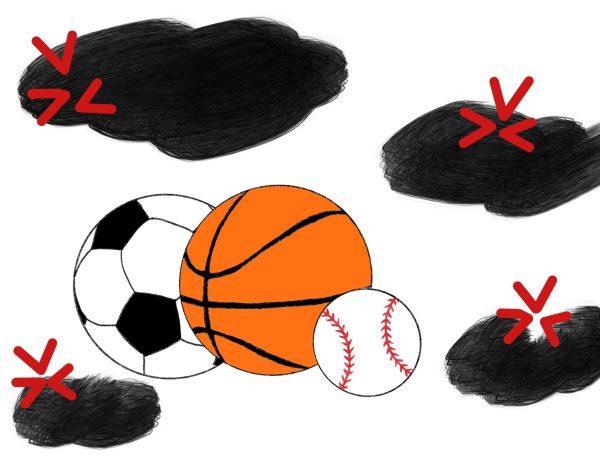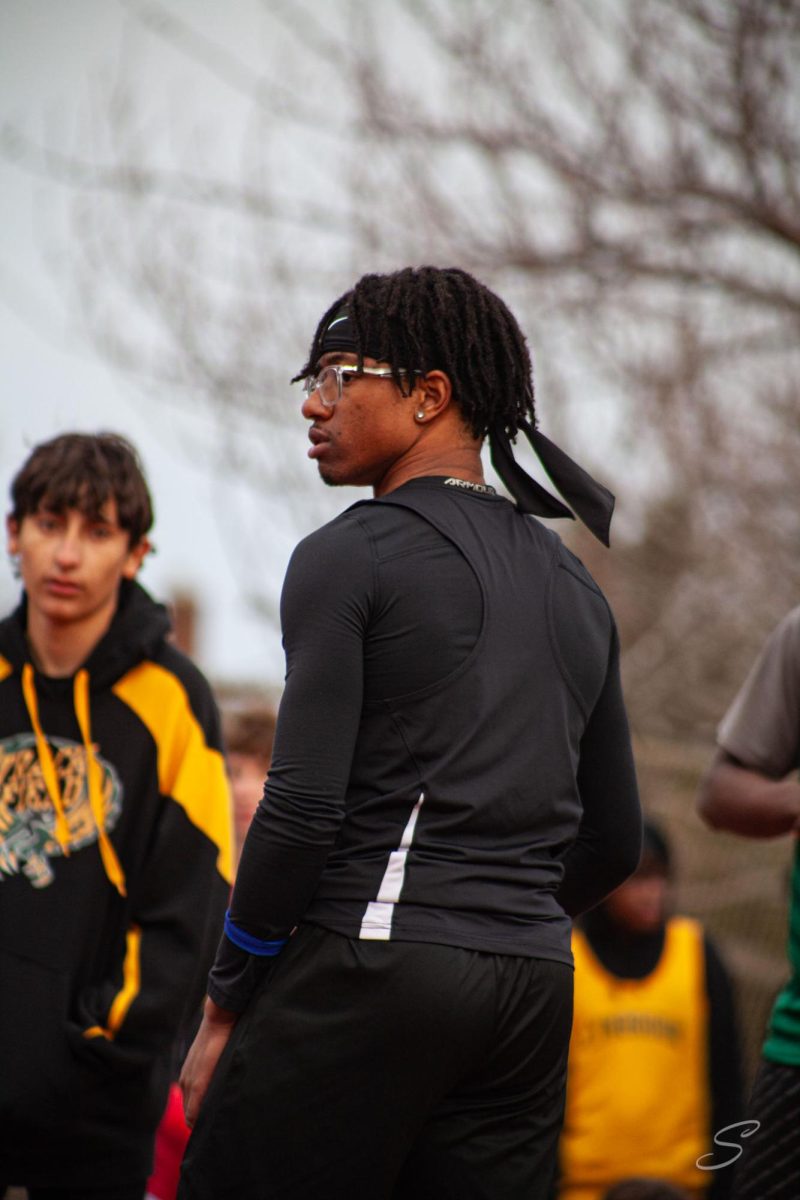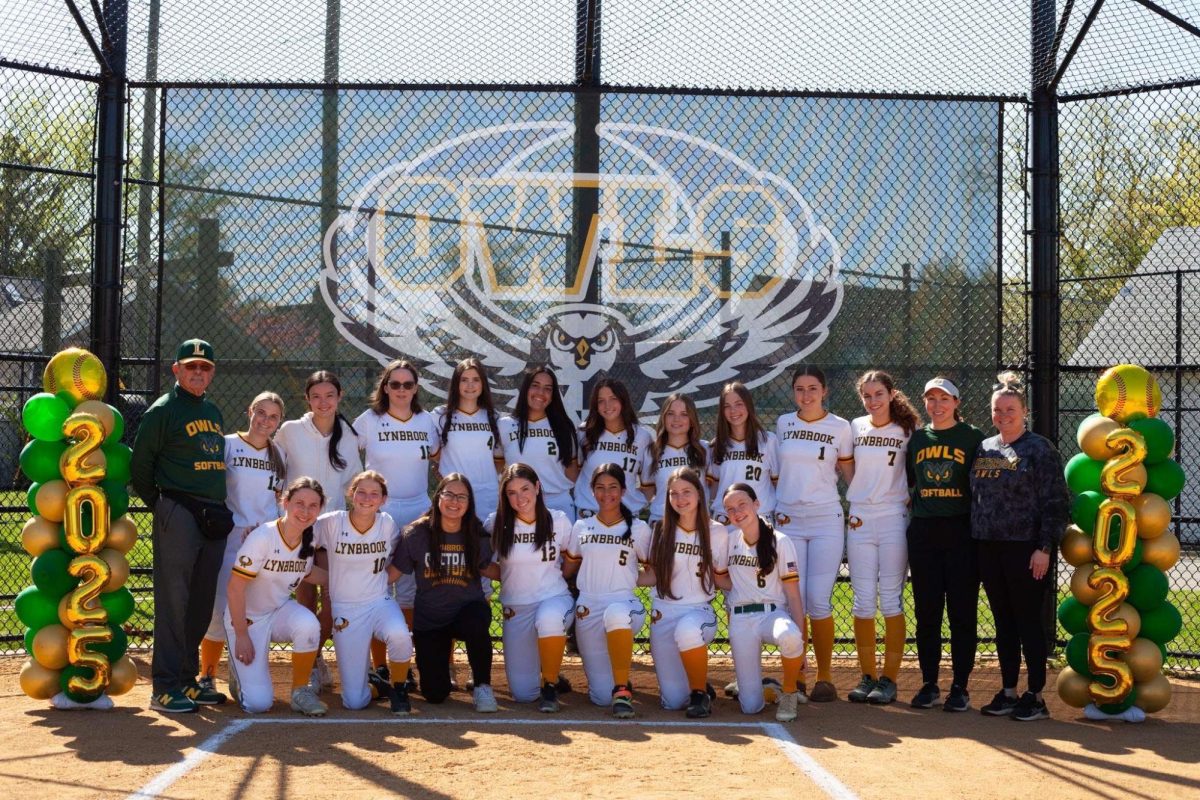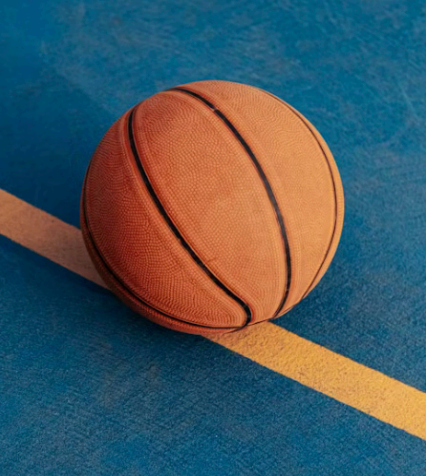
“Daniella Guyette Crumbles in SU’s ACC Tournament Loss to Stanford.” This is only one of the many cruel headlines seen about collegiate student athletes that criticize their own athlete’s performances in games. These click-baiting headlines drag down hard-working athletes and place harsh blame on individuals for the downfalls of an entire team.
Collegiate athletes face endless hardships and challenges to achieve their spot, yet once they hit the field, the media covering them bashes their play. Take Daniella Guyette as an example; the Syracuse women’s lacrosse starting goalkeeper finally earned her spot as a junior this year. However, soon after this accomplishment, she found herself as the headline on The Daily Orange (Syracuse’s student-run school newspaper) for breaking down and “crumbling” in a game, assigning her to be the reason for a loss. There is a clear difference in relevance between a coach telling a player what she did wrong, and a college news writer offering a sidelined opinion on her performance.
It is true that for good reporting it is necessary to acknowledge the bad moments of players and teams, yet many titles of these articles are superfluous and criticize specific athletes. Of course, players are going to make mistakes, and it is not wrong to say that the articles reflect the truth from a game or match. Despite that, the infliction of the headline points blame towards one specific person rather than a team. For example, a headline such as “Stalled Bats, Shaky Leads Cost Michigan Series against Nebraska” gets the point across that Michigan lost without explicitly calling out one team member.
Athletes’ mental health may be damaged greatly by these articles, and lower confidence for the next time they play. Organizations such as Morgan’s Message work to help raise mental health awareness amongst athletes, whose mental health often gets overlooked by the physical toll. Sophomore Lily DiMaio explained this aspect of mental health and sports, saying, “Athletes are humans too, and I feel like sometimes journalists forget that when criticizing their game. The words that journalists choose can have horrible effects on an athlete’s mental health.” Freshman Carolina DiBartolo agreed, adding, “I don’t think journalists should be able to call out and write about [college] athletes for poor performance.”
The most shocking thing about these articles is that they are not written by rival schools; they are written from the papers of the colleges themselves. Essentially, they are slandering their own players for team losses and bringing down the morale of the players in their programs. Sophomore Iman Aboud agreed. About said, “[The articles] should be less personal because as athletes you play as a team, and though some players play a more significant role, they shouldn’t call a single player out.”
Overall, the headlines and content of these articles are offensive to the hardworking athletes behind these collegiate programs. For the future, the media coverage should be less targeted and negative. Instead, they should inspire athletes and highlight achievements rather than tearing them down.





















